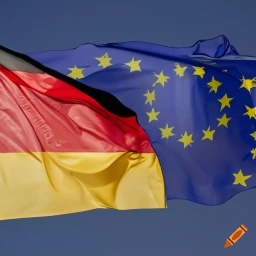- E-invoicing is mandatory for all domestic B2B transactions in Germany starting January 1, 2025
- Part of the Growth Opportunities Act to modernize and simplify tax reporting
- Only structured electronic formats like XRechnung and ZUGFeRD version 2.0.1 or higher are accepted
- Paper and PDF invoices are no longer accepted for domestic B2B transactions
- Recipient consent is not needed, but companies must be able to receive and process e-invoices
- Affects all businesses in Germany issuing or receiving B2B invoices
- Exceptions include invoices under 250 euros and some tax-exempt services
- Small businesses are exempt from issuing e-invoices but must receive and process them
- E-invoices must be issued within six months of service provision
- Invoices must be machine-readable with structured data like XML
- Optional human-readable PDF can be included in hybrid formats
- Invoices can be delivered via email, secure portals, or electronic interfaces
- Non-compliance may result in fines from tax authorities
- Businesses should update invoicing systems to support compliant formats
- Implement infrastructure for automatic e-invoice processing
- Work with solution providers to meet technical and legal requirements
- Mandatory e-Invoicing aims to reduce paperwork, lower errors, speed up payments, and improve tax transparency
Source: fiscal-requirements.com
Note that this post was (partially) written with the help of AI. It is always useful to review the original source material, and where needed to obtain (local) advice from a specialist.















